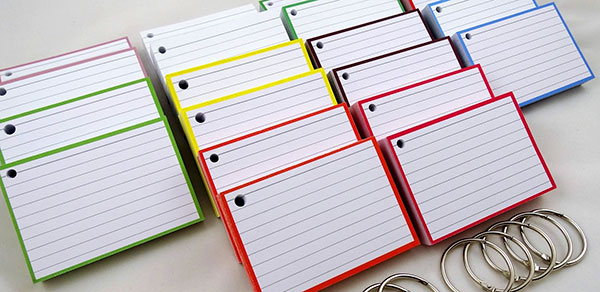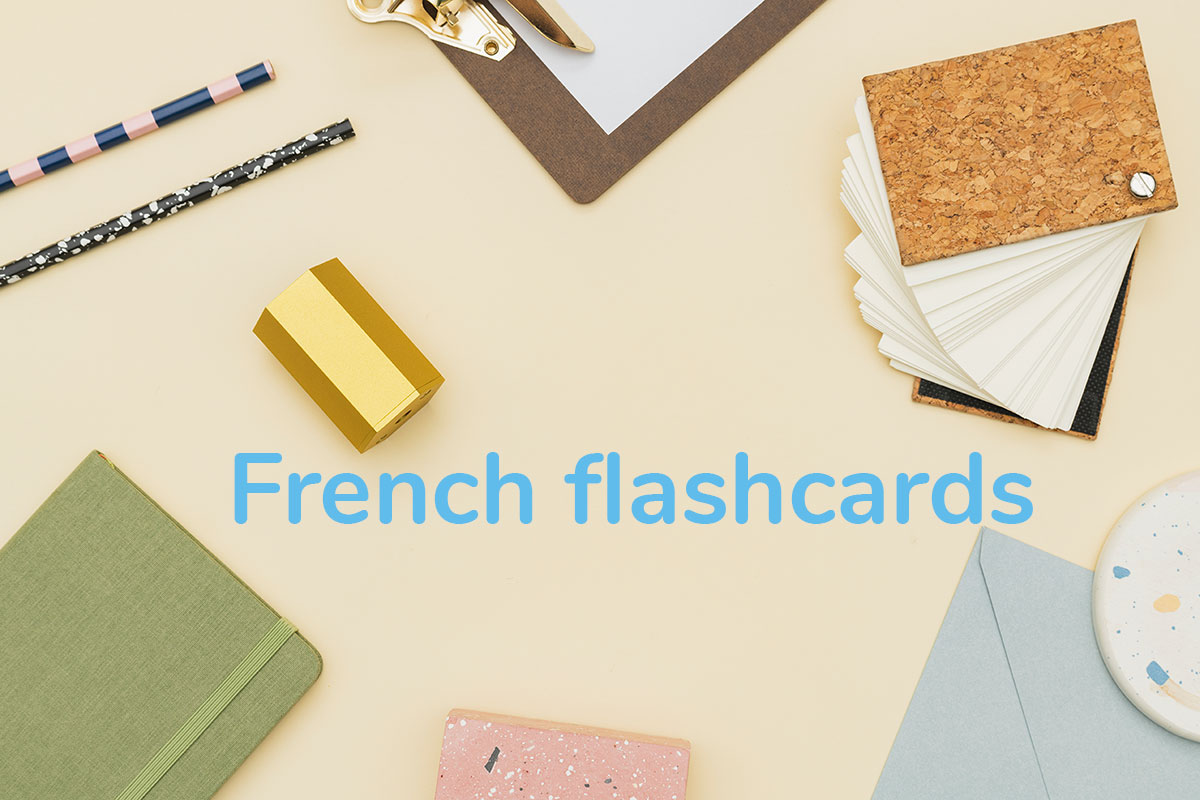When I was a student, I loved making my own flashcards. It was a fun way to learn and it helped me remember the material better.
If you’re learning French, you can make your own flashcards, too. Just choose some of the most important vocabulary words and get started!
You’ll be surprised at how quickly you learn with this method. Plus, it’s a lot of fun to create your own cards. So get creative and have some fun while you’re studying!
What do you put on French flashcards?
What’s the best way to learn a language? Some people say immersion is the key, others swear by rote memorization. But here at The Best French Teacher, we believe that the best way to learn is with flashcards!
And not just any flashcards – French flashcards! But what do you put on French flashcards? That’s where it gets tricky…
French flashcards are a great way to learn French vocabulary. But what do you put on French flashcards? Here are some ideas:
- The French word or phrase you want to learn. This is the most important part of the flashcard, of course! If you’re feeling extra French, you can also add the pronunciation guide.
- A definition or translation in English. This can help you remember the meaning of the French word or phrase.
- An example sentence using the French word or phrase. This can help you remember how to use the word or phrase in context.
- A image or other visual cue. This can help you remember the French word or phrase more easily.
Do you like learning French with videos?
Receive our free video newsletter every Friday in your e-mail box. You will get 3 “Tips & Tricks” on grammar, vocabulary, phonetics or French culture.
👉👉 Sign up now!
Preposition, synonym and antonym
If you write a verb, please indicate on your flashcard with which preposition the verb is used!
Even if you’re a beginner and don’t know what you’re doing yet, believe me, you’ll be glad you did.
Example:
The verb téléphoner (to phone).
On your flashcard you are going to write “téléphoner à”.
French synonym
You can also write one or two synonyms:
téléphoner à quelqu’un = appeler quelqu’un
French antonym
And you can also add an antonym – the opposite of the word:
For phone, you could write:
téléphoner à <> écrire à (write to) / envoyer un e-mail à (email to)
So what do you put on French flashcards? It depends on what works best for you!
Experiment with different methods until you find a system that works for you.

How do you learn French flashcards?
French flashcards are a great way to learn French. But how do you French flashcards? Well, it’s simple.
First, you’ll need to find a French flashcard deck. There are many different French flashcard decks available online, so take your time and find one that suits your needs.
For example:
Once you have your French flashcard deck, it’s time to start learning!
Begin by reading through the French side of each card, then try to say the word or phrase out loud.
If you’re having trouble pronouncing the word or phrase, don’t worry, just sound it out phonetically.
After you’ve said the word or phrase aloud, flip the card over and check your work.
- If you’re correct, great job!
- If not, don’t worry, just try again. With a little practice, you’ll be speaking French like a native in no time! Bonne chance!
📌 Are flashcards effective for language learning? When it comes to French language learning, some people swear by flashcards while others find them cumbersome and ineffective. So, are flashcards actually effective? The answer may depend on how you use them. If you simply carry around a French dictionary and randomly flip to words to try and learn them, chances are you won't retain much information. However, if you create your own flashcards with key French vocabulary words and review them regularly, you may find that they are a helpful tool. One benefit of using flashcards is that they force you to focus on individual words and their meaning, rather than getting lost in the grammar of a sentence. In addition, seeing the word in French and its English translation side-by-side can help to reinforce your memory of the word. Of course, flashcards are not a magic solution for becoming fluent in French overnight. But used effectively, they can be a helpful tool for expanding your French vocabulary.
How do I write a French study note?
A study note in French can be a great way to improve your language skills and prepare for exams. Here are some tips to help you get started.
- First, choose a topic that you are interested in and make a list of key vocabulary words.
- Next, find a few resources, such as articles, books or websites, that you can use to learn more about the topic.
- Finally, start writing your note using simple sentences and clear grammar. Be sure to proofread your work carefully before sharing it with anyone else.
With a little effort, you will be able to write a great study note that will impress your teacher and help you ace your next test!

By taking the time to create personalized French flashcards, you’ll give yourself a head start in learning this beautiful language.
Flashcards are an effective way to learn vocabulary, and with just a little bit of effort, you can make your own cards that will be tailored specifically to your needs.
So what are you waiting for? Start creating your French flashcards today!
Articles that might interest you:
- French Vocabulary of Drinks
- 10 french idiomatic expressions with animals
- 10 French idioms related to music
- What English words are from French?
- French all-purpose words
- French vocabulary for the holidays
- Make his own French flashcards with vocabulary
- Some tips & tricks to enrich your French vocabulary
- 5 French idioms with everyday objects
- How to eat like a French person?




2 thoughts on “Make his own French flashcards with vocabulary”
Comments are closed.